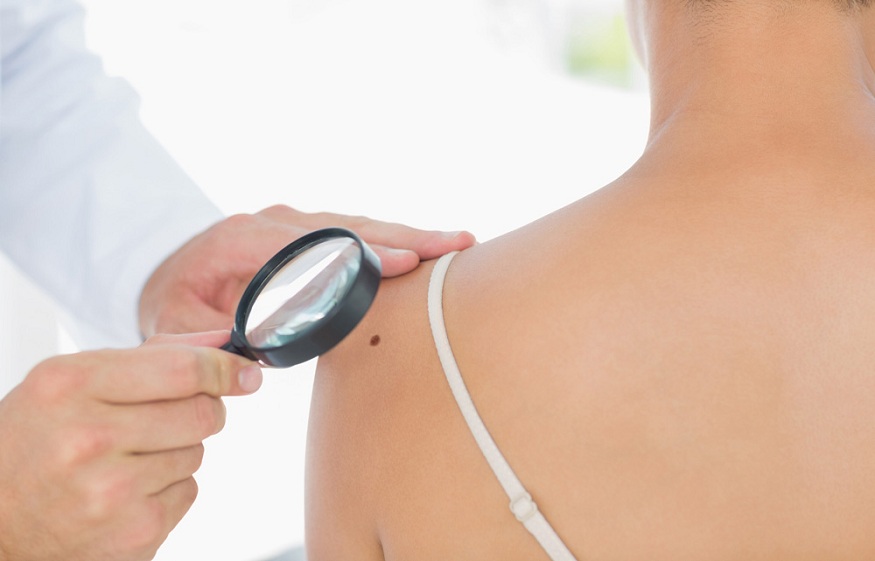Pittsboro skin cancer is a serious health concern that affects millions of people around the world. Skin cancer is the most common form of cancer in the United States, and it is estimated that one in five Americans will develop skin cancer in their lifetime. While skin cancer can be a deadly disease, it is also highly preventable and treatable if detected early. Dermatologists play a critical role in both skin cancer prevention and detection.
Prevention
Preventing skin cancer starts with protecting your skin from the sun’s harmful UV rays. This can be done by wearing protective clothing, such as long-sleeved shirts and hats, and using sunscreen with an SPF of at least 30. Dermatologists can also provide advice on how to properly apply sunscreen and how often to reapply it. They can also recommend products that are safe for people with sensitive skin or allergies.
In addition to sun protection, dermatologists can also provide advice on other lifestyle factors that can affect your risk of developing skin cancer. For example, they may recommend that you avoid tanning beds, which can greatly increase your risk of developing skin cancer. They may also advise you to quit smoking, as smoking has been linked to an increased risk of skin cancer.
Detection
The earlier skin cancer is detected, the easier it is to treat and the better the chances of a full recovery. Dermatologists are experts at detecting skin cancer, and they can perform a thorough skin examination to check for any suspicious moles or lesions. They may also use a specialized tool called a dermatoscope to examine the skin more closely.
If a dermatologist detects a suspicious mole or lesion, they may perform a biopsy to confirm whether or not it is cancerous. If the biopsy comes back positive for skin cancer, the dermatologist will work with the patient to develop a treatment plan that is tailored to their individual needs.
Conclusion
In conclusion, dermatologists play a critical role in both skin cancer prevention and detection. By providing advice on sun protection and other lifestyle factors, dermatologists can help their patients reduce their risk of developing skin cancer. And by performing regular skin examinations and biopsies, dermatologists can detect skin cancer early, when it is most treatable.

